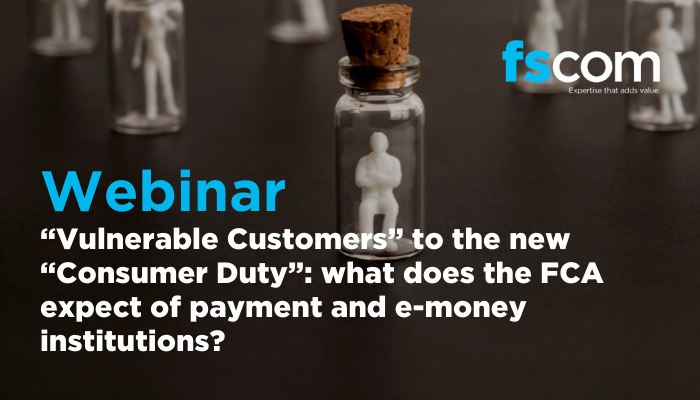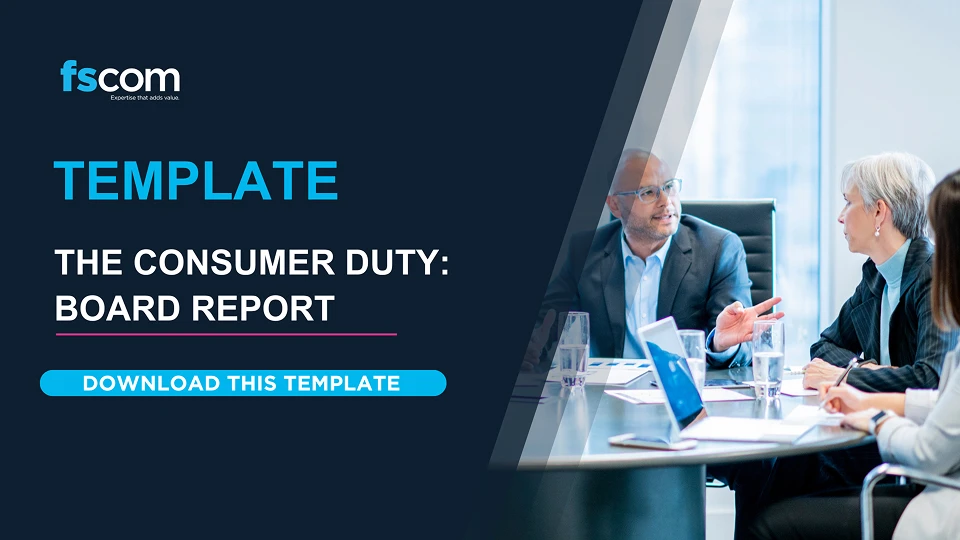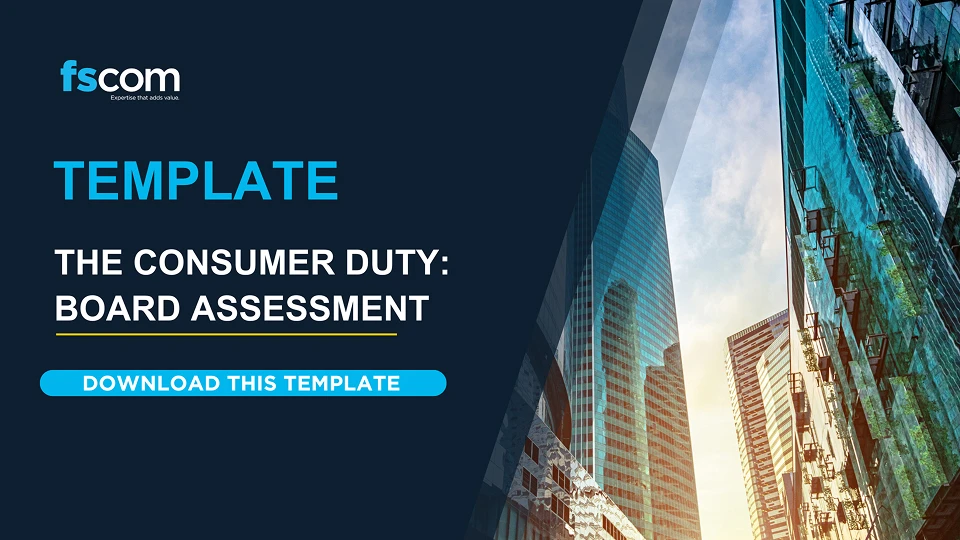
Home Regulatory themes Consumer Duty
Consumer Duty
The FCA’s Consumer Duty regulation raises the bar for customer protection. We help financial service firms ensure compliance by meeting regulatory obligations and embedding a customer-focused culture.
Is your firm Consumer Duty ready?
Compliance with the FCA’s Consumer Duty is essential for firms providing financial services to retail customers. To comply you must act in good faith, prevent harm and support good consumer outcomes across products, pricing, communications and services. Find out if your financial services, payment or electronic money business is on track with our Consumer Duty Healthcheck.

Key Consumer Duty services
A Consumer Duty Healthcheck reviews your implementation plan, identifies compliance gaps, and provides a Board assurance report with key recommendations.
Consumer Duty implementation support across project delivery, policy updates, governance structures, risk frameworks and tailored FCA compliance solutions.
Compliance specialists that provide ongoing guidance on Duty interpretation and support implementation work groups, board reporting and training.
Why work with us?
Consumer Duty isn’t just a regulatory requirement, it’s an opportunity to enhance consumer trust. Our compliance experts implement solutions that meet key requirements and support business growth
- Consumer Duty specialists – we make sure firms go beyond compliance to build a consumer-first culture.
- Expert-led solutions – our team of former regulators, compliance leaders and Consumer Duty specialists has a deep understanding of the regulatory landscape.
- Tailored, practical support – we measure, master and maximise compliance to deliver tangible improvements.
- Clarity and structure – our Evolve Framework brings structure to an unstructured world: Evaluate, Visualise, Operationalise, Learn, Verify, Enhance.
Insights that keep you ahead
Access expert insights, regulatory updates and in-depth analysis from our sector specialists. Our thought leaders break down emerging risks, evolving expectations and industry trends - giving you the clarity to strengthen governance, enhance control frameworks and lead with compliance maturity.

Client success stories
Preparing MiFID investment firm for FCA Consumer Duty compliance

Client success stories
Ensuring fair treatment of vulnerable consumers for a UK-authorised e-money institution

Client success stories
Interim support to a payment service provider for the delivery of the Consumer Duty and operational resilience implementation
Webinars, podcasts and events
Resources and downloads
Sign up for our newsletter for expert insights that will help you stay ahead of the compliance curve.
Ready to advance your compliance maturity?
Connect with our sector specialists for tailored guidance on where you stand - and where to go next. Whether you need authorisation, assurance or a path through regulatory pressure, we'll help you take the next step with clarity and confidence. Let’s talk.












